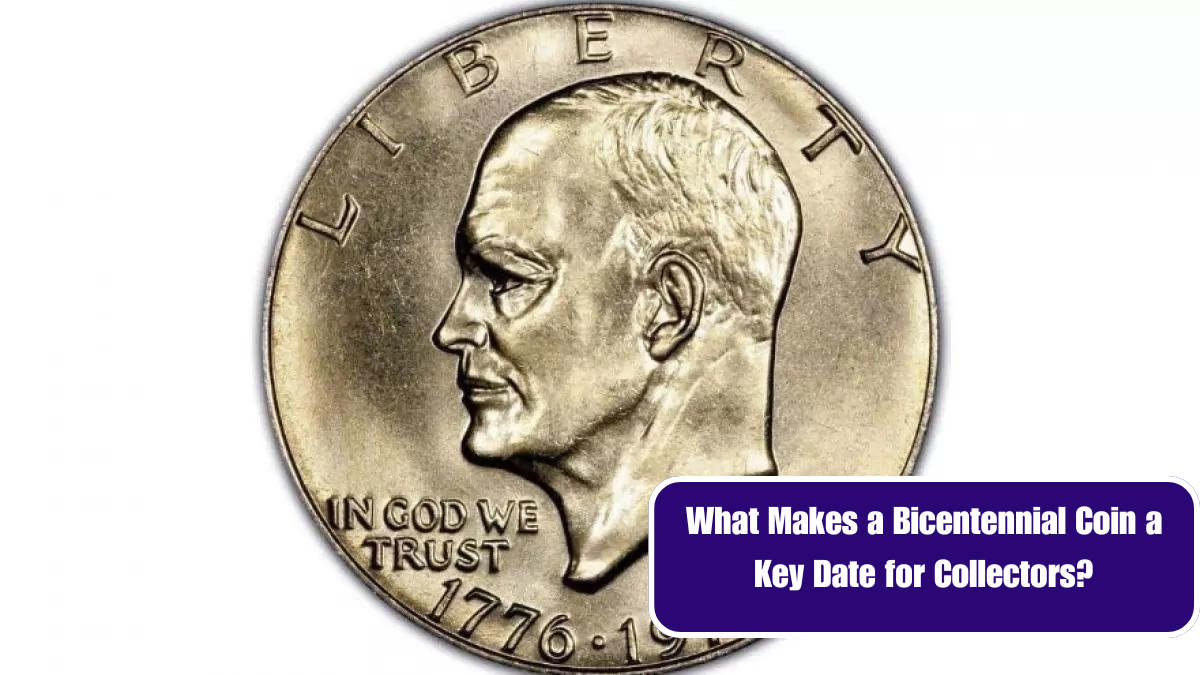When it comes to numismatics, certain coins captivate collectors more than others, and bicentennial coins are a prime example. Celebrating the 200th anniversary of significant events or milestones, these coins often hold special appeal. But what makes a bicentennial coin a “key date” for collectors? Let’s explore the factors that contribute to their desirability and value.
Historical Significance
Bicentennial coins commemorate important historical events, and their issuance marks significant anniversaries. For example, the 1976 U.S. Bicentennial coins—namely the quarters, half dollars, and dollar coins—were released to celebrate the 200th anniversary of American independence. This historical significance alone makes them noteworthy. Collectors are drawn to these coins not just for their rarity or value but for the story they tell about a pivotal moment in history.
Design and Production
The design of bicentennial coins often features unique and patriotic themes that distinguish them from other coins in circulation. The 1976 U.S. Bicentennial coins, for instance, showcased redesigned reverse sides: the quarter featured a Colonial drummer, the half dollar displayed Independence Hall, and the dollar coin illustrated the Liberty Bell superimposed on the moon. These design changes, while temporary, make the coins stand out and increase their appeal to collectors who appreciate the artistic and historical elements.
Production numbers also play a significant role. For the 1976 bicentennial coins, the U.S. Mint produced a substantial number to meet the high demand, which initially diluted their rarity. However, some variations, such as proof or uncirculated versions, were produced in lower quantities and are thus more coveted.
Rarity and Condition
While many bicentennial coins were mass-produced, certain issues or errors can make them rare and valuable. Collectors often seek out coins with minting errors, such as misprints or unusual characteristics, which can significantly increase a coin’s value. The condition of a coin also affects its desirability. Coins in pristine condition, especially those graded as “MS65” or higher, command higher prices and are considered key dates in the collecting community.
Market Demand
The market demand for bicentennial coins can fluctuate based on trends in the numismatic community and broader collector interest. A strong demand can drive up prices and make certain bicentennial coins key dates. For instance, coins that were once overlooked might gain attention as more collectors discover their historical and aesthetic value.
Provenance and Popularity
The provenance of a coin—its history of ownership and its journey through time—can also enhance its status as a key date. Coins with a well-documented history or those that have been part of notable collections can attract higher interest. Popularity among collectors, often influenced by media coverage, historical documentaries, or collector forums, can also elevate a coin’s status.
Bicentennial coins hold a special place in the world of numismatics due to their historical significance, unique designs, and the factors of rarity and condition. While the 1976 U.S. Bicentennial coins are widely known, other bicentennial issues from different countries or commemorating various events also garner attention. For collectors, these coins offer more than just monetary value—they embody a piece of history and a testament to the milestones they commemorate.
In summary, the combination of historical importance, distinctive design, rarity, market demand, and provenance makes bicentennial coins coveted key dates in the numismatic world. Whether you’re a seasoned collector or a newcomer, understanding these factors can enhance your appreciation and pursuit of these fascinating pieces of history.
